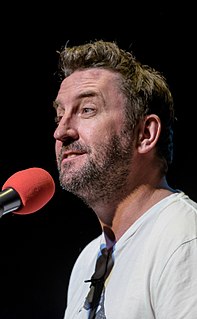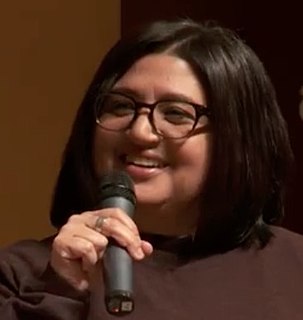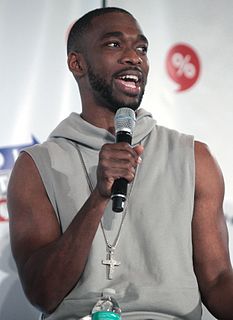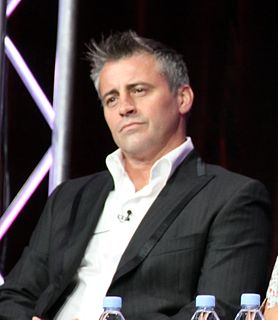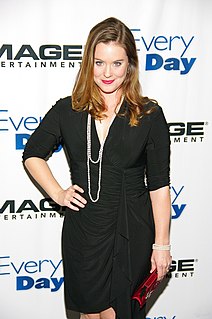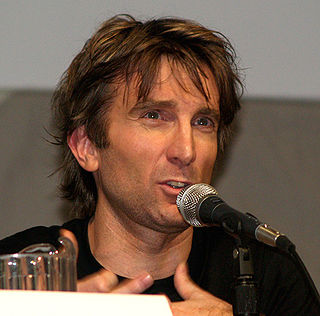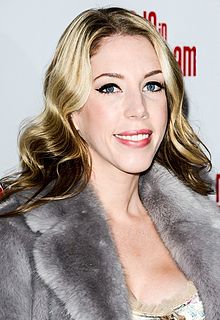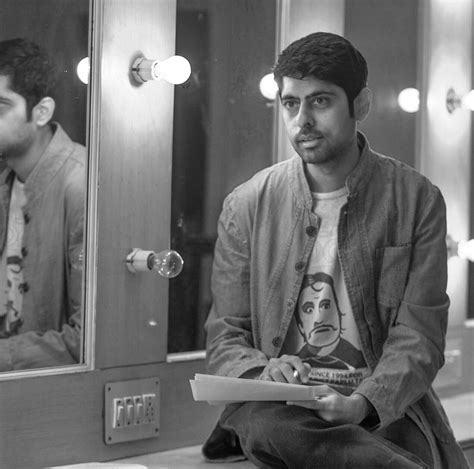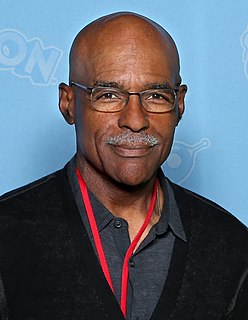A Quote by Lee Mack
Neck-down comedy was no longer valid after the 1980s alternative comedy revolution. Everything became about the cerebral. And with that came positive things - it helped get rid of some of the sexism and homophobia - but it also meant a lot of physical comedy was lost.
Related Quotes
It's completely unsexy [Yello, "Oh Yeah" 1985]. It does capture that weird '80s materialism and "We're gonna get it on now" vibe. But it's a very juvenile approach. It also became a weird signal for comedy, in the sense that when you heard the song, it meant comedy was happening on screen. I feel like this song was probably done in a couple of minutes in a studio.
Comedy is an intellectual affair, and deals chiefly with logic. Tragedy is an emotional affair, and deals chiefly with value. Horace Walpole once said that "life is a comedy to the man who thinks and a tragedy to the man who feels." Comedy is negative; it is a criticism of limitations and an unwillingness to accept them. Tragedy is positive; it is an uncritical acceptance of the positive content of that which is delimited. Since comedy deals with the limitations of actual situations and tragedy with their positive content, comedy must ridicule and tragedy must endorse.
